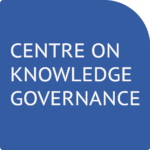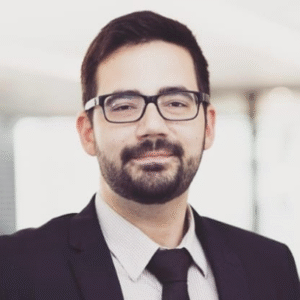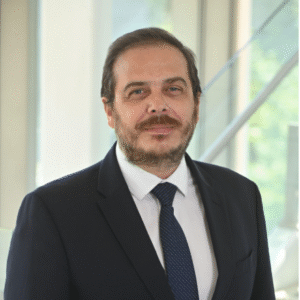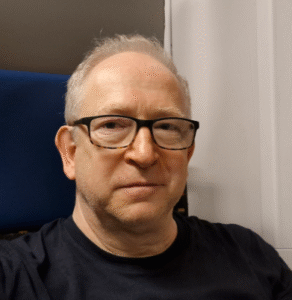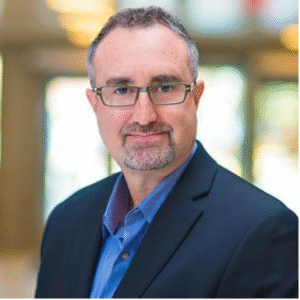Today the Geneva Centre on Knowledge Governance presents a series of Case Studies on AI for Good in Africa and the Global South. These grew out of our work on Text and Data Mining and our policy work in support of the Right to Research.
Researchers in the Global South are responding to local and global challenges from health and education to language preservation and mitigation of climate change. In all these case computational methods and Artificial Intelligence (AI) play a leading role in finding and implementing solutions.
A common thread that runs through all the cases is how intellectual property laws can support innovation and problem solving in the public interest, whilst protecting the interests of creators, communities and custodians of traditional knowledge. In addition several practitioners are looking at how to redress data imbalances, where large companies in the Global North have much greater access to works, for historical, legal and economic reasons.
The cases include:
- Pioneering work by researchers at the University of Pretoria Data Sciences for Social Impact Research Group led by Professor Vukosi Marivate to broaden health access in South Africa by creating a talking health chatbot based on an Large Language Model (LLM) trained on South African vernacular TV shows.
- A cross border collaboration between Professor Melissa Omino of the Centre for Intellectual Property and Information Technology Law at the University of Strathmore in Kenya and Dr Chijoke Okorie of the Data Sciences Law Lab at the University of Pretoria to develop a hierarchical creative commons license called NOODL, which has the power to grant easier access to African works for non-profit or developmental users, whilst ensuring larger corporations provide benefits to local communities for their use of same data.
- Work by Blind South Africa to identify and promote tools for the visually impaired, such as navigators, image describers and so on, which are trained to work in African languages.
- Efforts to bring together a large group of Latin American Countries to create LATAM-GPT, a large language model using ethically-sourced data and tuned to the cultural specificities of researchers and communities in the region, led by Chile’s National Center for Artificial Intelligence (CENIA) with support from non-governmental groups such as Data-Uruguay and Fundación Via Libre in Argentina.
- A paradigm shift from Data Mining to Data Farming being led by Prof Gloria Emezue, founder of Lanfrica, natural language processing pioneers in Nigeria, who launched their NaijaVoices initiative dedicated to building a digital future for all Nigerian languages, irrespective of their popularity or status. In 2024: Lanfrica released the largest African speech dataset to date, spanning over 5,000 unique voices and 1,800 hours.
Each of our case studies in written up in the form of a report, combined with a video exploration of the case study in the words of its leading practitioners.
